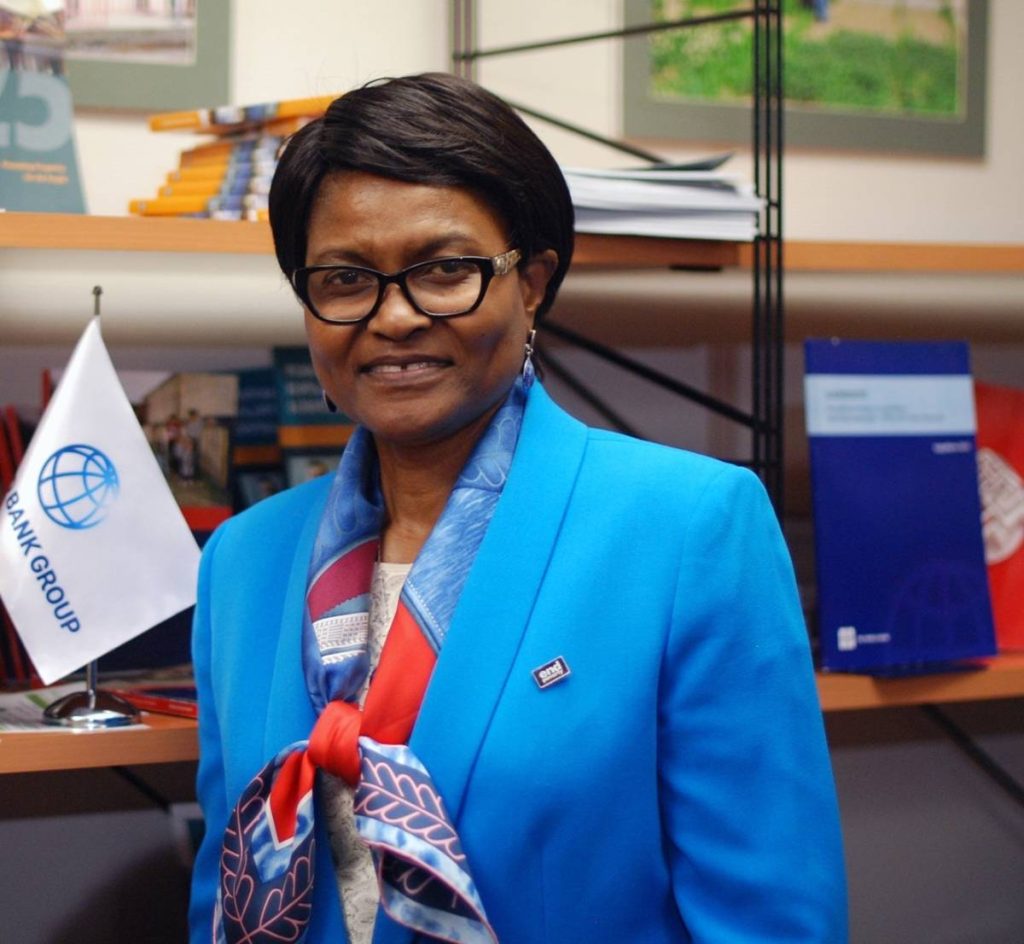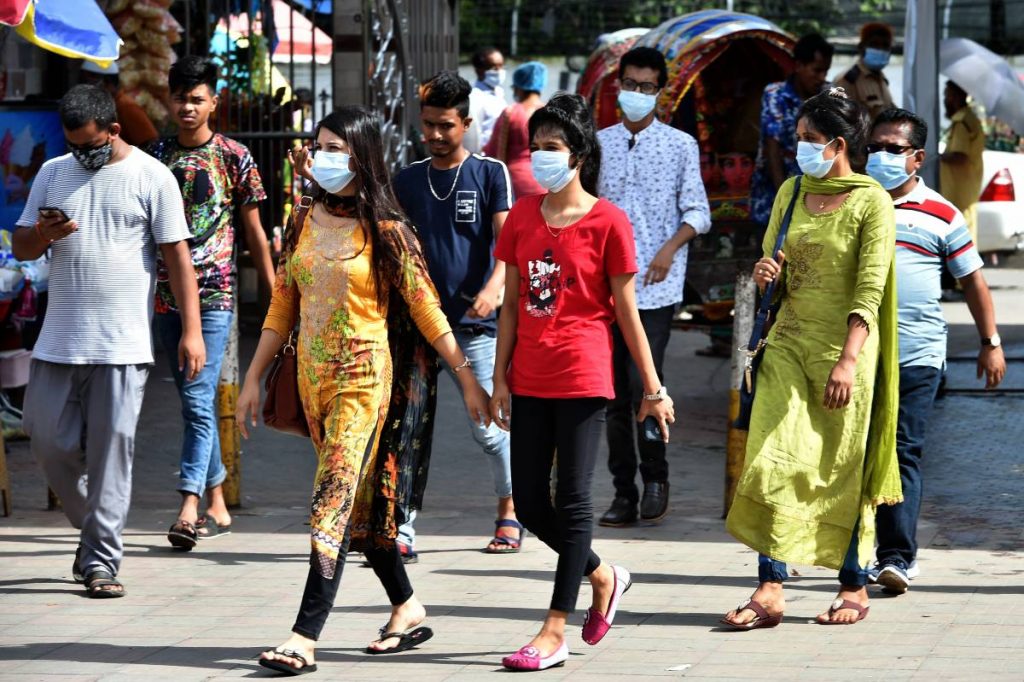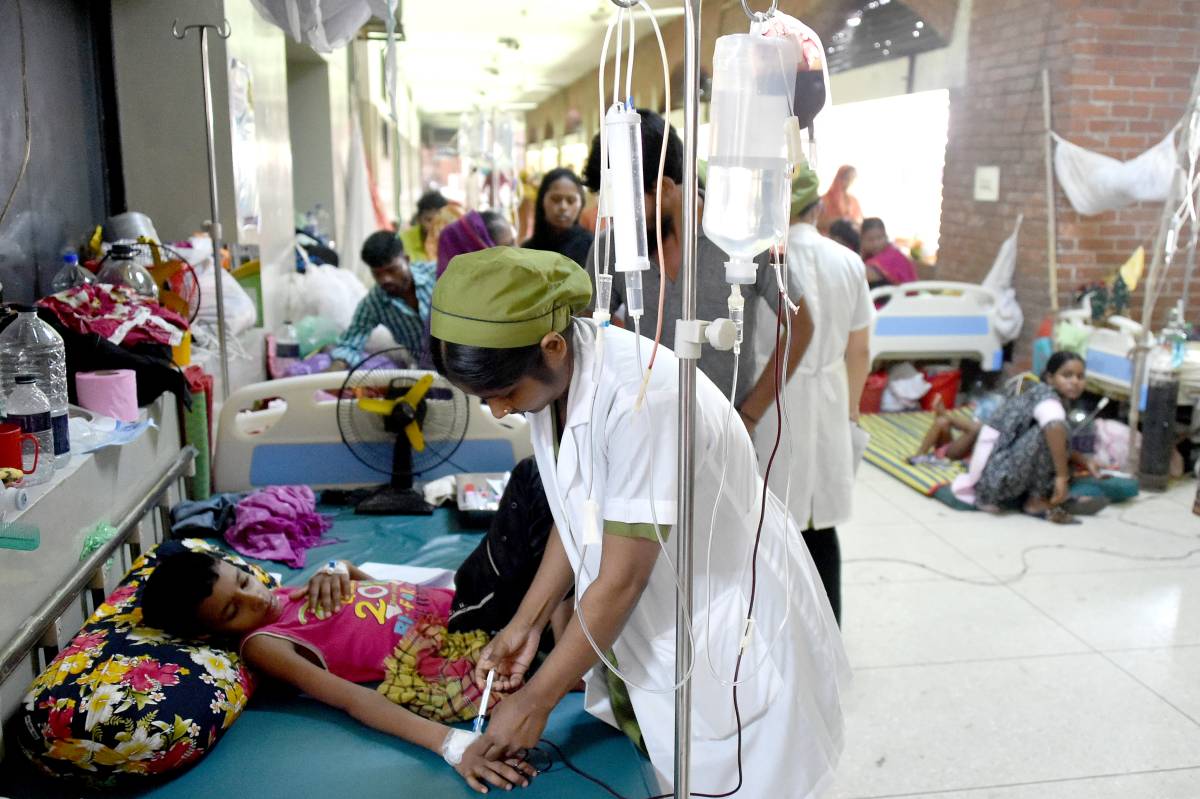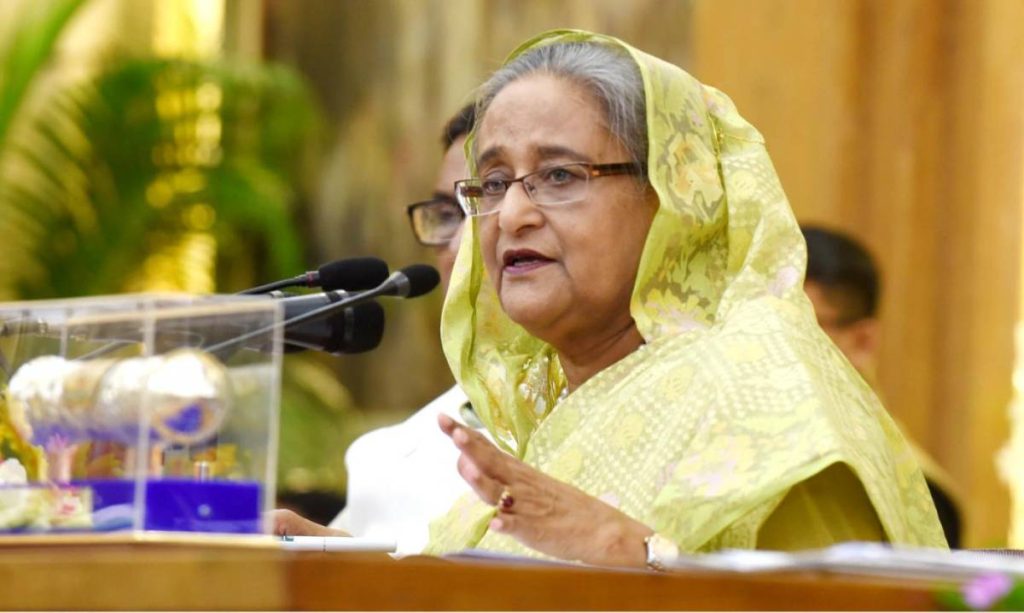By 2050, temperature is predicted to rise by 1.4 degrees Celsius in Bangladesh…reports Asian Lite News
As vulnerable countries are exposed to public health risks from weather pattern consequences of climate change, Bangladesh has been urged to build a stronger health system in order to cope with an increase in climate-sensitive diseases.
The newly-released World Bank Climate Afflictions Report said study finds a link between changing climatic conditions and an increase in the cases of respiratory, waterborne, and mosquito-borne diseases in Bangladesh, reports Xinhua news agency.
With further climate change predicted, more physical health issues are likely to emerge in the South Asian country, it said, adding that the most vulnerable are children and the elderly, and those living in large cities like Dhaka and Chittagong.
Mercy Tembon, the World Bank country director for Bangladesh and Bhutan, said: “Bangladesh has remarkably tackled climate change challenges, despite being among the most vulnerable countries. It has built resilience against natural disasters and introduced homegrown solutions to improve agricultural productivity.

“With more evidence showing a pronounced impact of climate change on physical and mental health, Bangladesh needs to build on its success in adaptations to ensure a stronger health system that averts outbreaks of emerging climate-sensitive diseases.”
Data showed that over the past more than 40 years, Bangladesh experienced a temperature rise of 0.5 degrees Celsius, with the summer getting hotter and longer, the winter warmer, and the monsoon seasons extended from February to October.
By 2050, temperature is predicted to rise by 1.4 degrees Celsius in Bangladesh, according to the report.
The report said erratic weather conditions played a key role in the 2019 dengue outbreak in Dhaka city, where 77 per cent of the country’s total dengue-related deaths occurred. That year, Dhaka recorded more than three times the average February rainfall followed by high temperatures and humidity between March and July.

Compared to monsoon, the likelihood of contracting an infectious disease is about 20 percentage points lower in the dry season, said the report.
Respiratory illness rises with the increase in temperature and humidity. For a 1 degree Celsius rise in temperature, people are more likely to suffer from respiratory illnesses by 5.7 percentage points; for a 1 per cent increase in humidity, the chances of catching a respiratory infection rise by 1.5 percentage points, according to the World Bank report.
“Going forward, by ensuring stronger data collection, Bangladesh can better track the evolution of climate-sensitive diseases,” said Iffat Mahmud, World Bank senior operations officer and co-author of the report.
“Particularly by recording accurate weather data at local levels and linking it with health data, it will be possible to predict potential disease outbreaks and to establish a climate-based dengue early warning system,” he said.













